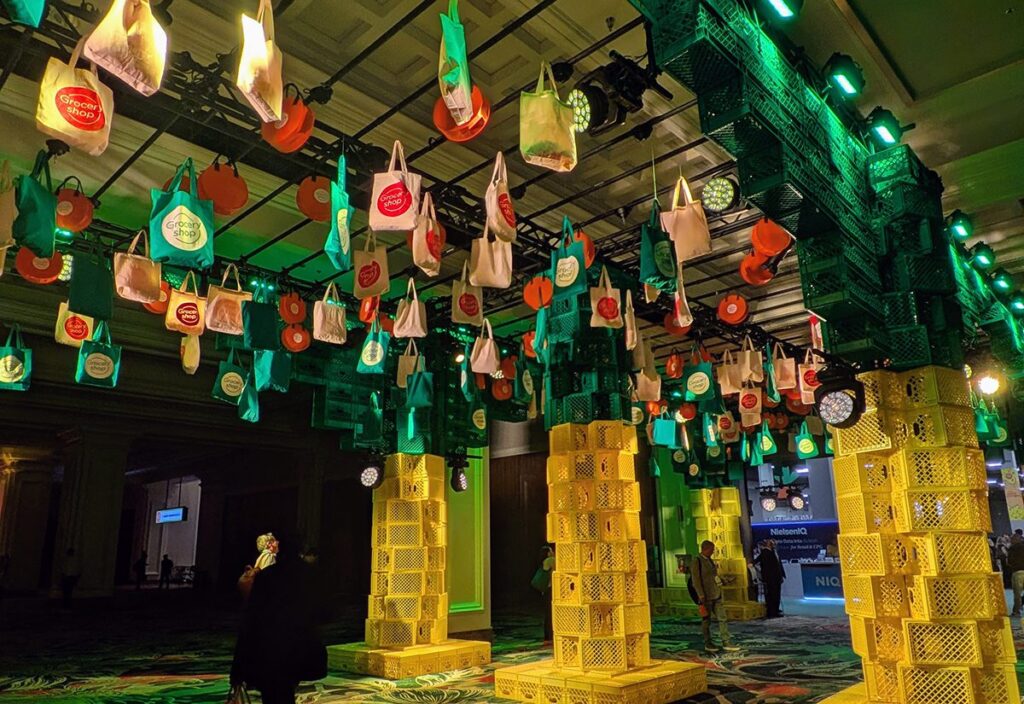Both Zynga, the online games company whose offerings include Farmville, Mafia Wars and Zynga Poker, and Groupon, the daily deal site, are dot-coms which deal primarily in virtual goods. They hold no physical inventory and rarely generate transactions that result in drop-shipped deliveries.
Despite this, the Zynga IPO, unlike the one presented by daily deal firm Groupon, doesn't make the hair on the back of my neck stand on end. The differences are rooted in how each company presents and markets itself.
First, and most basically, Zynga is already profitable. According to its most recent pre-IPO registration statement, the company generated $30.7 million in net income during the first nine months of 2011.
Yes, the company's net income was down from the $47.6 million during the same period last year. But this was in part because the firm increased its investment in research and development activities. Which, for a high-tech firm that wants to keep its offerings fresh, is an appropriate line-item to grow.
The second difference is uniqueness. Zynga's games can be played without payment, but there are certain add-ons that require purchases. Want a chocolate milk-dispensing cow, a Japanese tea house or a Mardi Gras bead tree for your Farmville farm? Players who don't earn these virtual items through their actions can buy them with real-world cash – but only from Zynga. In contrast, Groupon-style schemes have a relatively low cost of entry and not a whole heck of a lot of differentiation, which is why Living Social, Gilt Groupe, Lot18, and other daily deal services have popped up.
Third, Zynga understands the value of repeat business and highlights the right paying customer metrics. Between Sept. 30, 2010 and Sept. 30, 2011, the number of unique paying players grew by 23.7%. But the amount of bookings it could attribute to unique paying players grew by only 15.3%, meaning that the company has already likely plucked the high-value early adapters and knows it's going have to work harder to cull value from new players.
(This is one of the biggest differences between Zynga and Groupon: In contrast to the increase in the research and development budget mentioned previously, I've seen no metrics-based evidence from Groupon that demonstrates its value to the business community. It is not, for instance, publishing aggregated reports from merchants regarding the comparative value and profitability of shopping carts among consumers who buy its deals.
Groupon has intimated that it prefers to go after new deals as opposed to getting participating merchants to re-up in order to keep its offerings fresh. This is, to put it kindly, horse leavings. I suspect the real reason Groupon isn't going after repeat business is that merchants simply don’t like the quality of customers the deals are bringing in, and the cost per lead they are laying out, and have indicated they aren't going to re-engage. I'm looking forward to Groupon's first quarterly filing the way some people look forward to Sports Illustrated's swimsuit issue.)
Fourth, Zynga has diversified revenue streams, both of which are growing. Zynga's online game revenue grew by 102% between the first nine months of 2010 and the first nine months of 2011, when it hit $781.7 million. But its advertising revenue, which stems from in-game offers, sponsorships and engagement ads as well as other activities, shot up by 224%, to $47.1 million. Zynga acknowledges that this was after a dip between the first nine months of 2009 and 2010, when it temporarily discontinued some of its in-game offerings.
Fifth, Zynga has a strong marketing partner in Facebook. The social network gives Zynga's games a great deal of prominence, and in return several of Zynga's offerings are accessible either primarily or solely through Facebook. There is a downside to this: Facebook is taking advantage of this partnership by requiring that Zynga accept Facebook Credits as its sole method of payment on Facebook – and Facebook takes 30% of the value of those credits. That requirement, which was put in place during 2010, slowed Zynga's revenue growth rate, according to the company's registration filing.
Sixth, Zynga is seeking to break free of the tightly bound relationship it has with Facebook and take control of its own social media destiny. As mentioned above, Zynga receives only 70% of the value of what it sells through Facebook, according to a deal that runs through 2015. In four years, the generation coming up after the Millennials may well look for whichever social forum (Google+, perhaps) will supersede Facebook, just as Facebook has superseded MySpace and Friendster.
(Think Facebook is too entrenched to ever be knocked off its pedestal? Ask yourself this: What happens when Apple builds a social network that incorporates the cloud-held data iTunes, iPads and iPhones generate?)
There's evidence that Zynga is looking to loosen Facebook's hold on its games in the IPO registration statement. In discussing its social games, Zynga notes "In addition to third-party platforms [such as Facebook and other social networks and mobile platforms], we recently announced Project Z, our own platform that will allow people to find games through friends and friends through games. Project Z is currently under development and will be available through Zynga.com." Elsewhere the company discusses acquiring mobile development talent, technologies and content.
I can't speak to anything beyond what's in the registration forms for Zynga or Groupon. Zynga has come under fire recently as being a tough place to work, which could have repercussions on its ability to attract top talent. If these are true, it would behoove the company to turn the marketing savvy it applies to its games to its management practices.
For what it's worth: Unless a mutual fund in my 401K plan has bought what would surely be a minute share in either company, I have no financial interest in Zynga or Groupon. As of this writing, I have no knowledge of any such holding.



